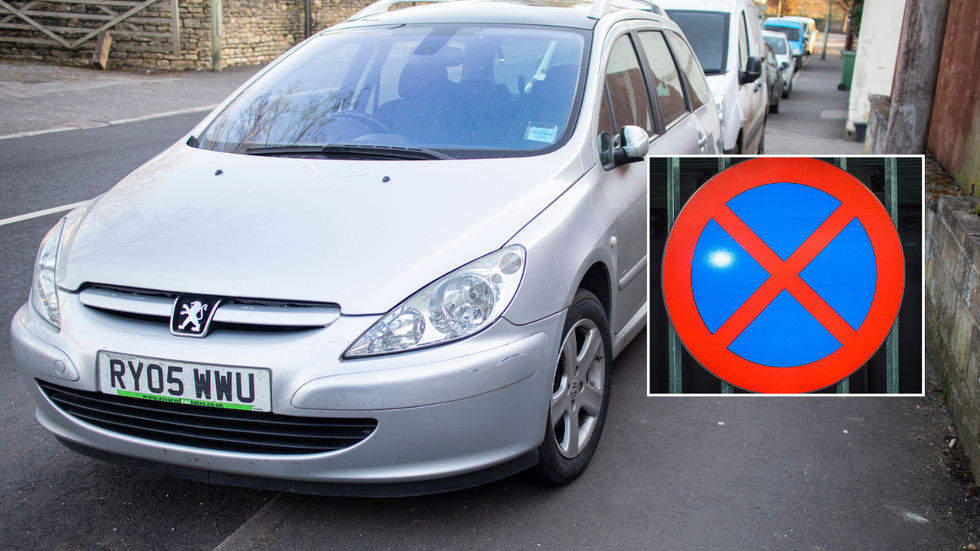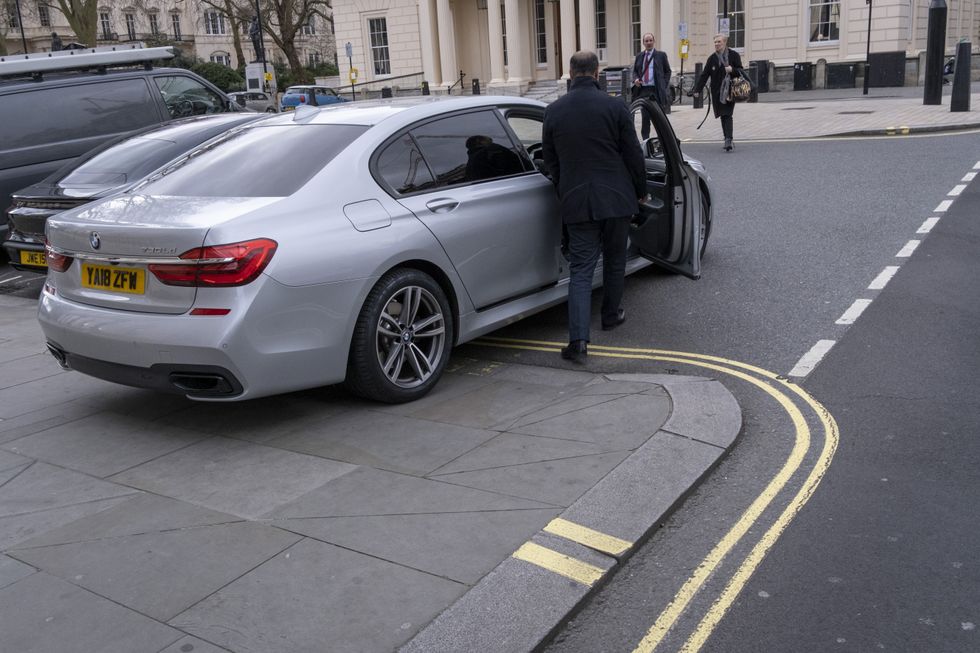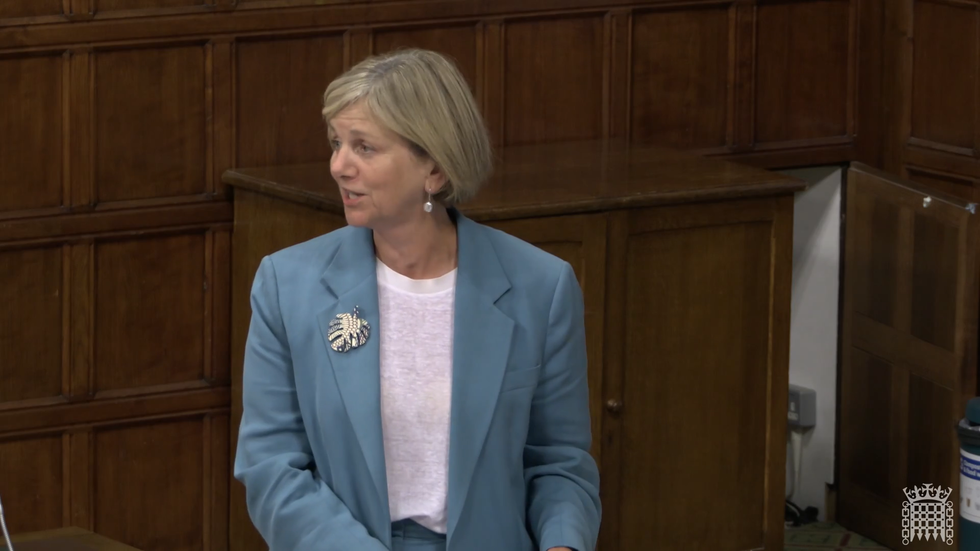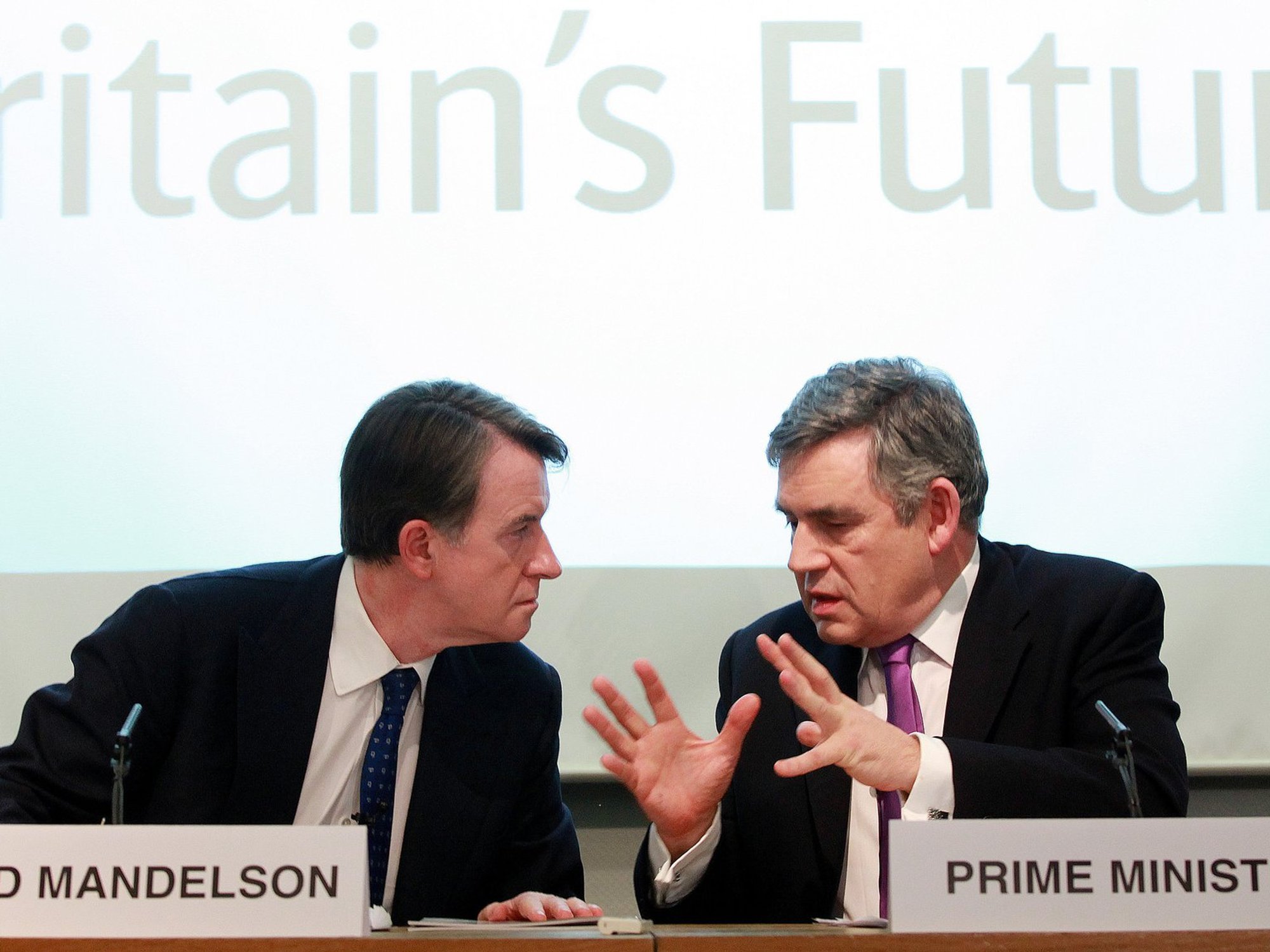Labour could launch UK-wide pavement parking ban amid growing pressure to protect vulnerable Britons

A Westminster debate on a pavement parking ban sparked frustration among MPs who demanded action
Don't Miss
Most Read
Labour could be forced to introduce a national pavement parking ban after growing support from MPs and Britons has prompted action.
A parliamentary debate this month exposed mounting frustration over the prolonged delay in publishing responses to an official consultation on the pavement parking ban, which was closed in 2020.
The consultation received over 15,000 submissions during its open period, but five years later, there has still been no official statement of the responses.
Now MPs from across party lines have united in demanding action to address the safety risks posed by vehicles blocking footways, particularly for wheelchair users, visually impaired pedestrians and parents with pushchairs.
Do you have a story you'd like to share? Get in touch by emailing motoring@gbnews.uk

Reports have revealed widespread support for national pavement parking bans among MPs
| GETTY/PAThe current patchwork of regulations leaves England outside London without comprehensive pavement parking prohibitions, MPs warned.
Scotland recently adapted its laws to allow local authorities to introduce pavement parking bans, with many regions enforcing them this year.
Helen McGuire, MP for Epsom and Ewell, initiated the Westminster Hall discussion by detailing the daily hazards faced by vulnerable pedestrians when footways are obstructed by parked vehicles.
"Every day, people are forced into the road into moving traffic because the pavement is blocked by a vehicle," Ms McGuire told the chamber, emphasising that these situations represent "moments of danger, frustration and exclusion" rather than mere inconveniences.

Drivers can be fined for using the pavement incorrectly and causing an obstruction across London and Scotland
| GETTYThe MP presented stark statistics from disability organisations, revealing that 95 per cent of blind or partially sighted individuals have been compelled to enter traffic due to pavement parking, while among wheelchair and mobility scooter users, this figure rises to 99 per cent.
Ms McGuire advocated for England to adopt London's model, where pavement parking is prohibited unless councils determine it is safe and necessary on specific streets.
Parliamentary contributions revealed widespread constituency concerns about pavement obstructions, with MPs describing residents trapped in their homes and children endangered near schools.
Labour MP, Dr Scott Arthur, representing Edinburgh for South West, recounted meeting a guide dog owner who demonstrated her terror when navigating past vehicles blocking footways, stating she felt "absolutely ashamed" witnessing her being forced into traffic.
LATEST DEVELOPMENTS:
Multiple MPs also highlighted confusion over enforcement responsibilities, with MP Julia Buckley for Shrewsbury quoting frustrated residents who reported: "I've tried the council, but they say it's up to the police and the police tell me it's up to the council."
The debate heard that 87 per cent of parents have walked on roads due to blocked pavements, with 80 per cent indicating they would be more likely to walk children to school if footways remained clear.
In response to MPs' frustration, then-Roads Minister Lilian Greenwood acknowledged the "frustration" caused by five years of inaction, revealing the previous administration had failed to focus on the issue, forcing her department to "pick this work up from scratch."
"I am straining every sinew to publish the response as soon as possible," Ms Greenwood assured MPs, promising an announcement "very soon" while commissioning fresh research to update the evidence base on pavement parking's extent and impact.

The then-Transport Minister addressed growing concerns surrounding pavement parking in the UK
|PARLIAMENT UK
The Minister emphasised that England's changing political landscape, including new Mayoral Combined Authorities and the Government's devolution agenda, necessitated careful consideration of implementation approaches.
She declared the current situation "not acceptable," framing pavement parking as "a social justice issue" that undermines inclusivity and sends a message that "some people's mobility matters less than others."
Council enforcement capabilities emerged as a central concern, with MPs highlighting that existing Traffic Regulation Orders prove costly and impractical for addressing widespread pavement obstructions.
The debate revealed that while driving onto pavements violates the 1835 Highways Act, enforcement remains inconsistent and dependent on stretched police resources rather than civil penalties administered by local authorities.
Several MPs referenced the 2019 Transport Committee recommendation for creating civil enforcement powers, with Ruth Cadbury, the committee's current chair, reiterating calls for legislation enabling councils to issue penalties without police involvement.
MP Josh Newbury for Cannock Chase noted that Staffordshire's Police Community Support Officers previously issued fines for pavement obstruction, but since those powers were removed, "any meaningful deterrent has all but gone."











